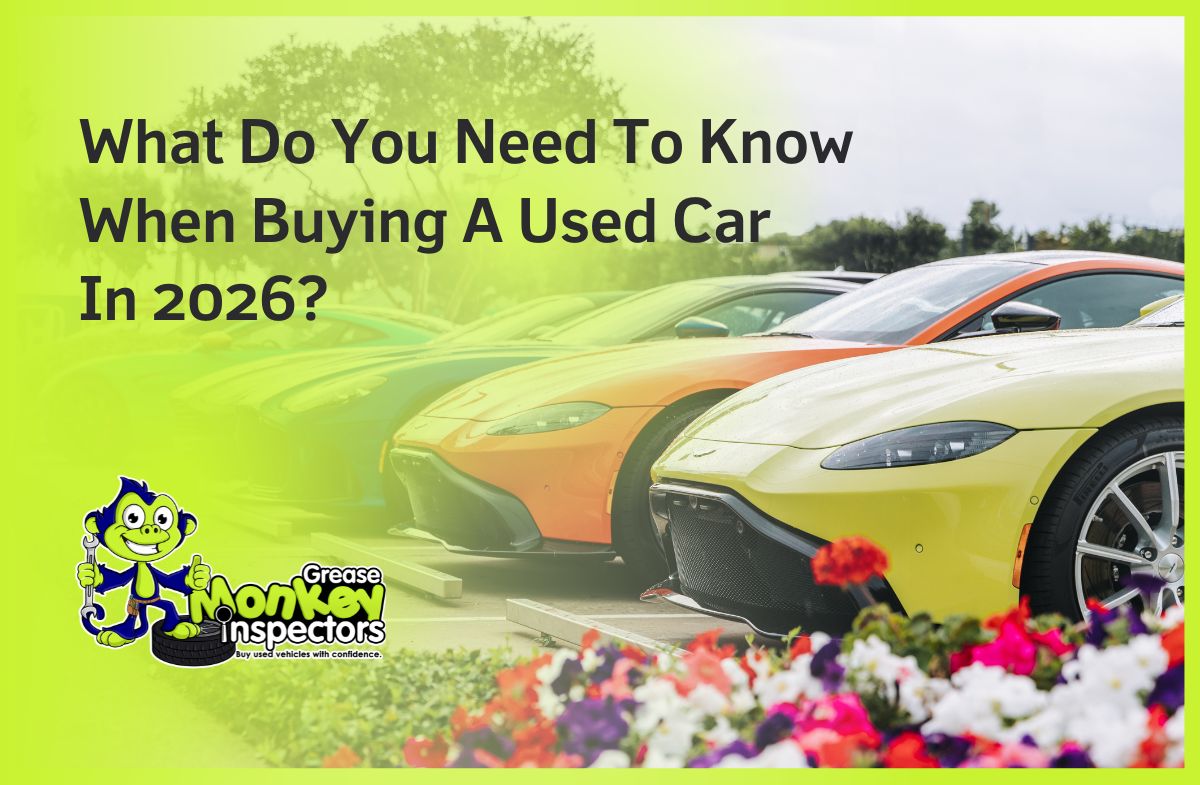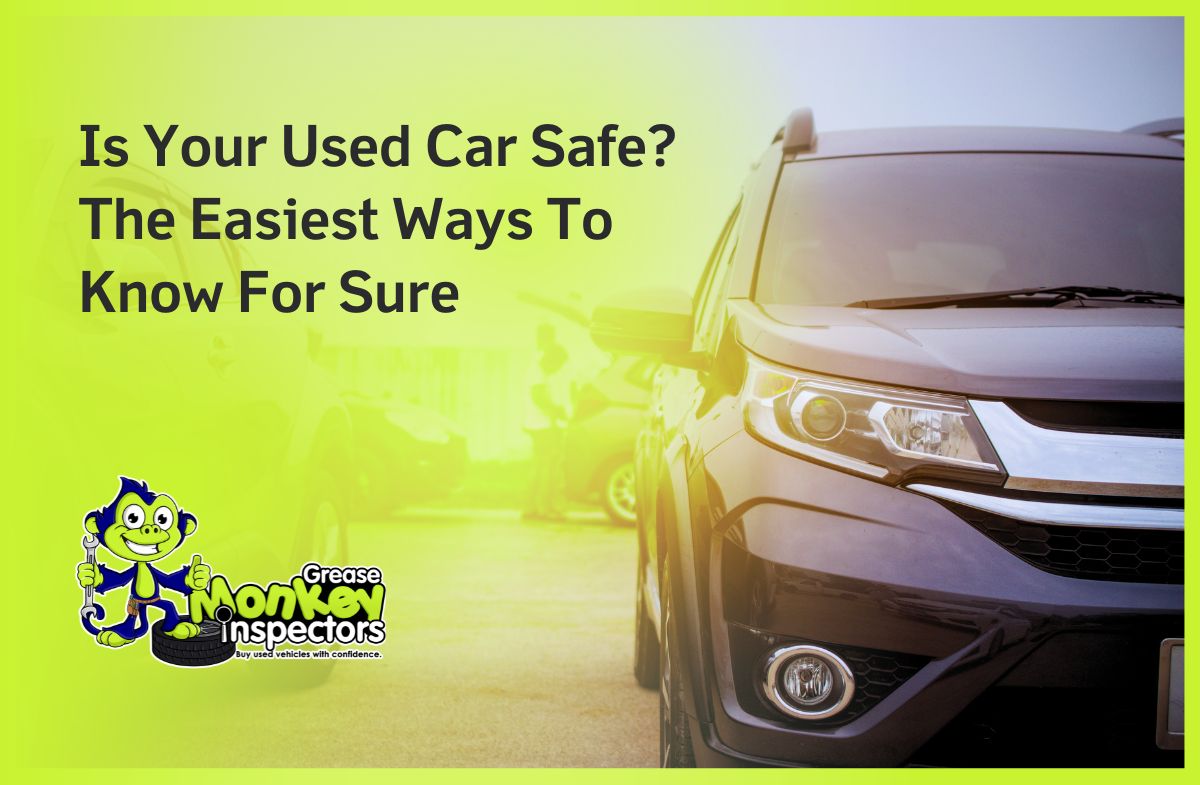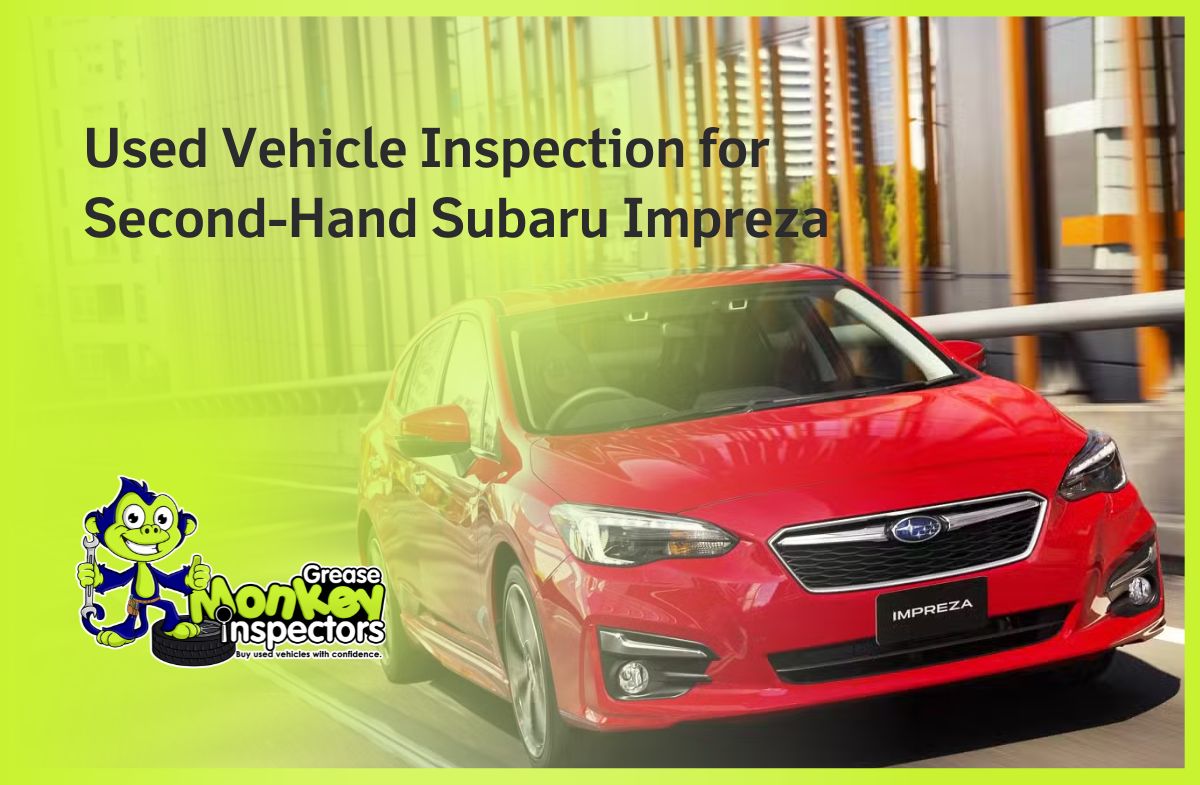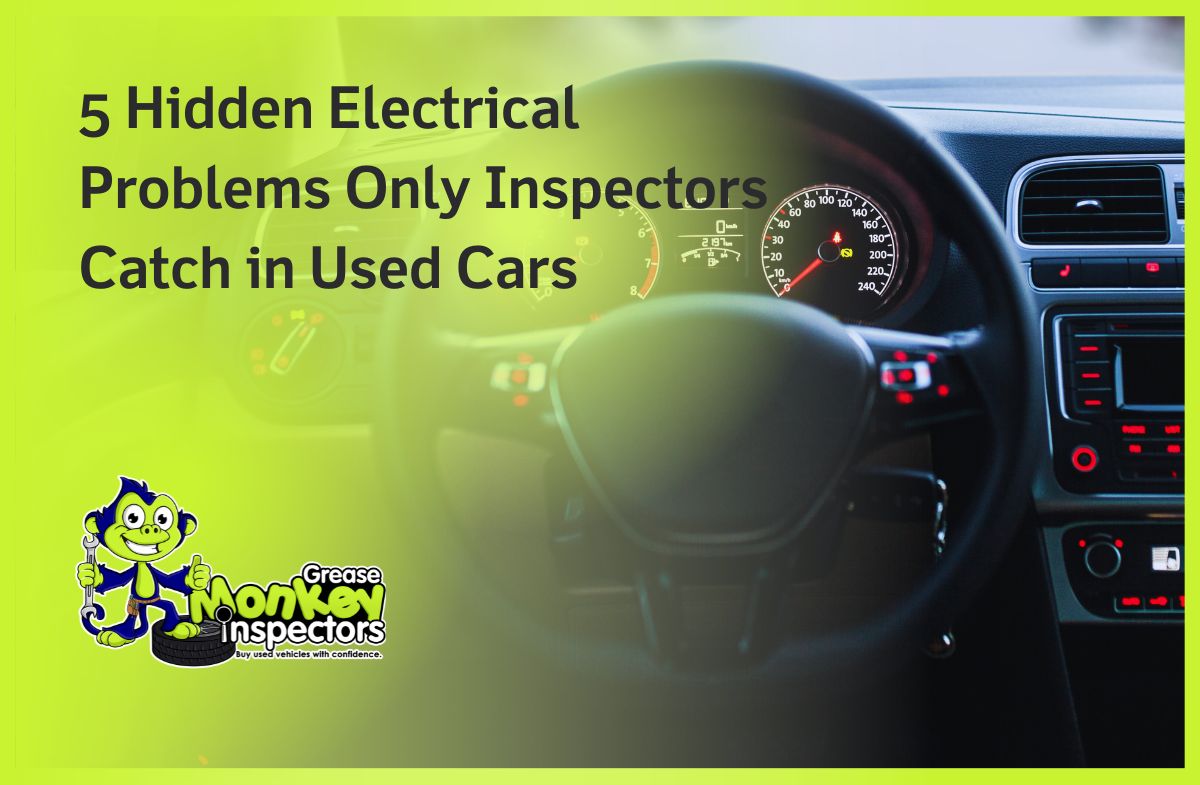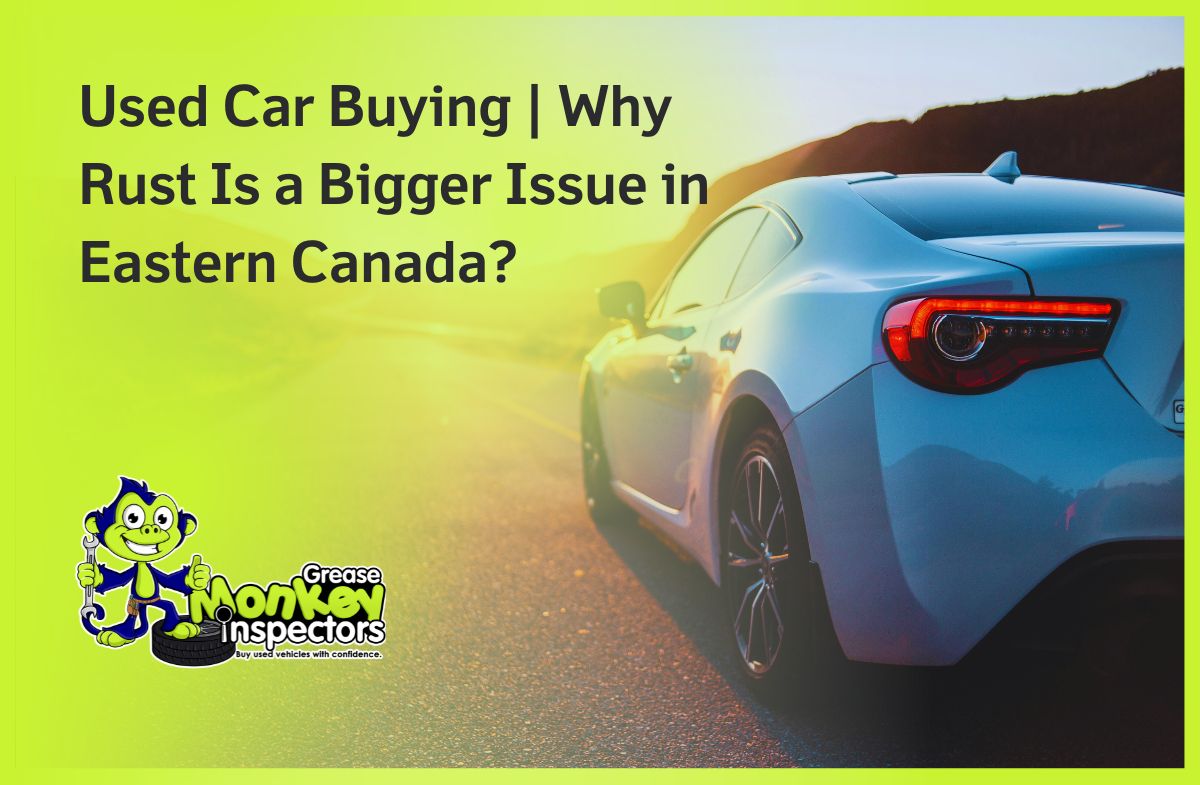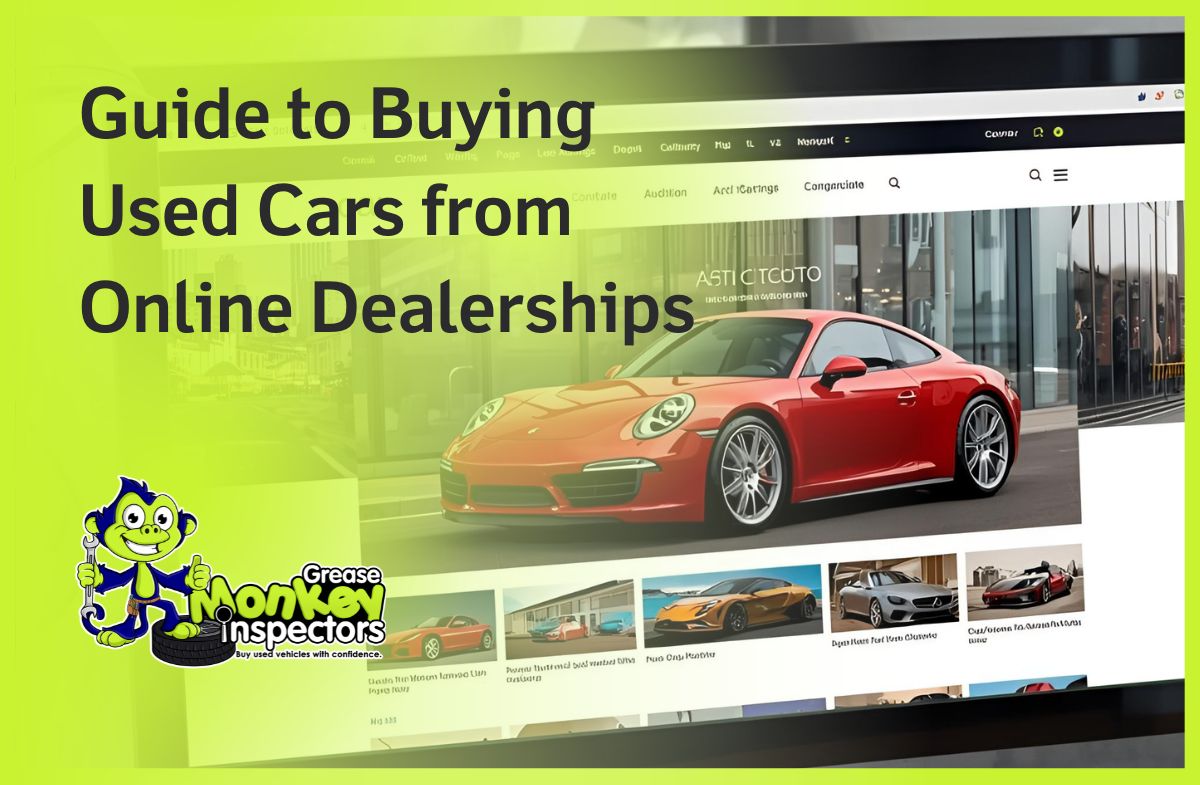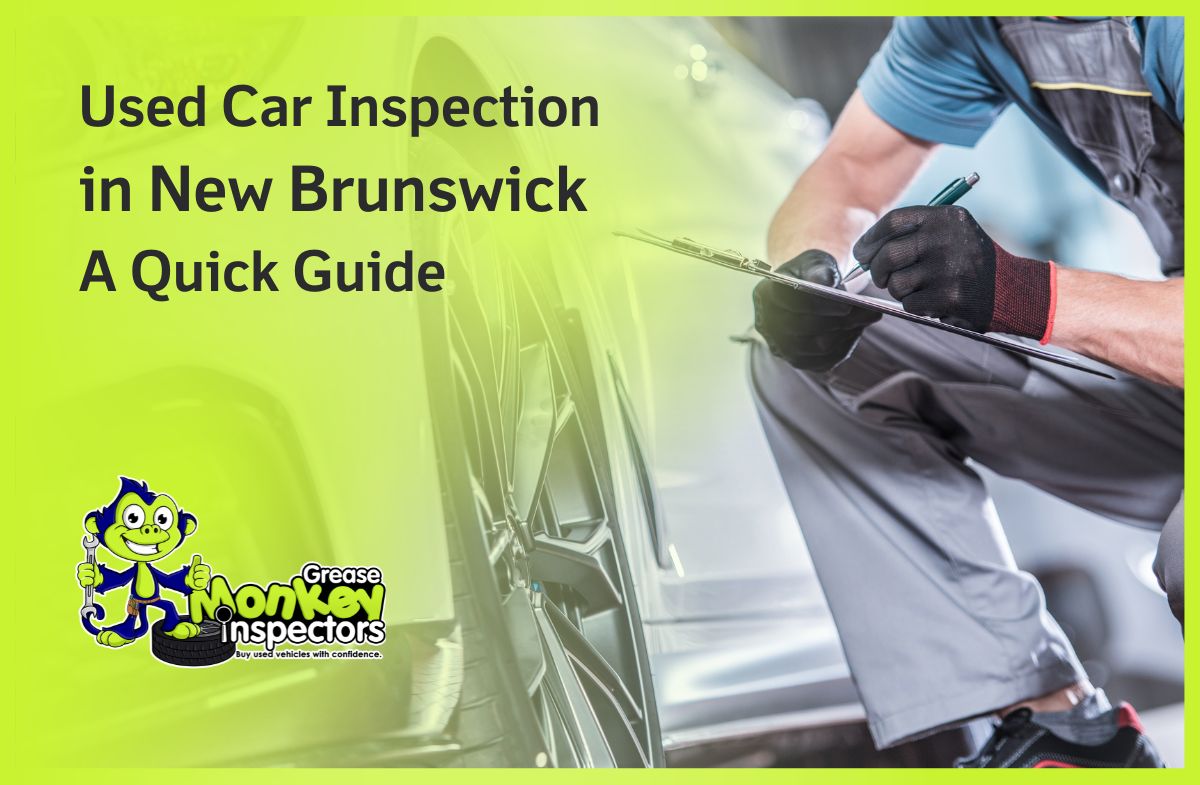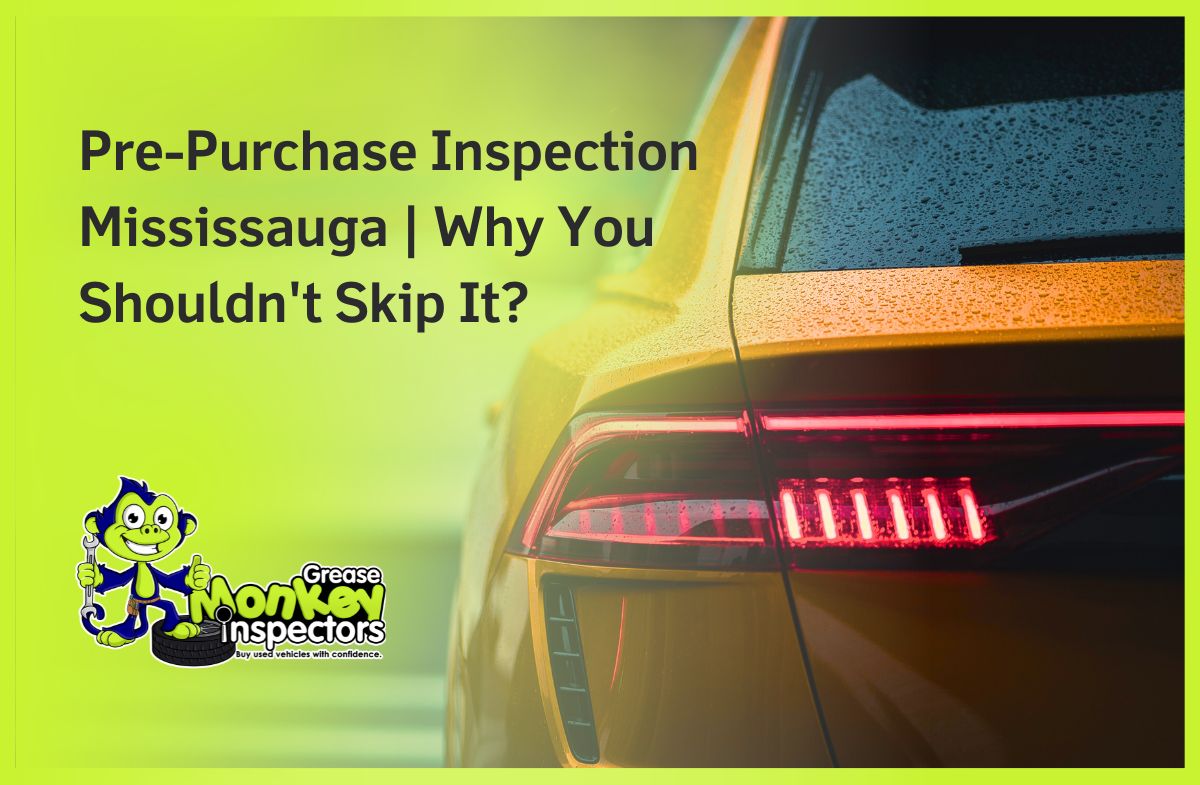Used cars offer one of the greenest ways to drive today. Keeping a solid vehicle on the road longer slashes the carbon footprint tied to building new ones. Focus on efficient and reliable models that last if you’re shopping for a used car for sale in Canada and want to lighten your impact on the planet while saving cash.
Why Choosing Used Already Helps the Environment?
Manufacturing a new vehicle generates massive emissions, up to 10–15 tons of CO2 before it even hits the road. Buying used skips that upfront hit and reduces demand for fresh mining and production. That and the fuel or hybrid models and you’re cutting ongoing emissions too.
Top Picks for Eco-Friendly Used Cars in Canada
Look for these standouts that balance efficiency and durability in the used market
- Toyota Prius -Legendary hybrid reliability and low fuel use.
- Honda Civic Hybrid -Smooth and easy to maintain.
- Toyota Corolla -Bulletproof with great mileage.
- Hyundai Elantra or Sonata hybrids -Modern efficiency at bargain prices.
- Volkswagen Golf TDI -Diesel thrifters when well-kept.
These models often deliver 40+ mpg combined and hold up through harsh winters. These also have strong parts support across Canada.
Make Sure Your Green Choice Stays Green
Even the best eco-friendly used car for sale can turn sour with hidden issues. Issues like worn batteries in hybrids and clogged DPFs in diesels can lead to bothersome hidden issues. That’s where a Used Vehicle Inspection shines. Our mechanics check hybrid systems, emissions components, suspension and overall condition on-site to deliver a complete report that you can easily read and understand.
Also Read – Guide to Auto Inspection Services for Used Hybrid and Electric Vehicles
Used Cars To Drive Greener, Spend Smarter
Going green doesn’t mean going broke. Hunt for a smart used car option. Then lock in your choice with a professional pre purchase inspection from Grease Monkey Inspectors. Book yours today and enjoy efficient, reliable driving that’s kinder to the earth and your budget!


